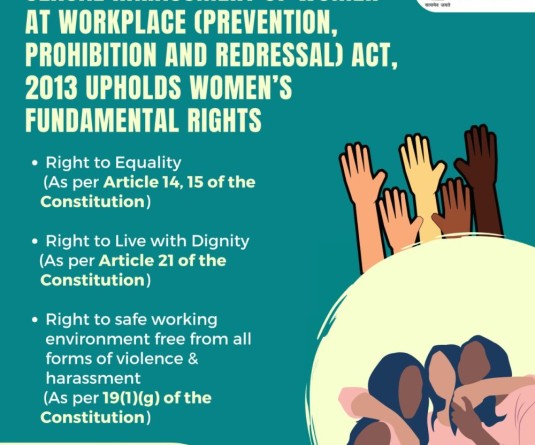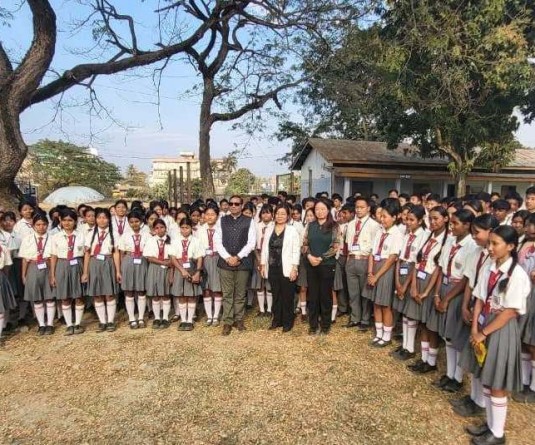(Morung Photo: For representational purpose only)
.jpg)
Ketholeno Neihu
Kohima | October 28
Women in Nagaland enjoy and exercise their voting franchise as they feel it is directly associated to their day to day lives but they fail to associate themselves with politics. For many of them, it is exclusively a ‘male business’.
Neivi, a woman in her 40s in Kohima, echoes the sentiment. “We come to help in the kitchen and vote on the polling day but what can women do beyond that amongst assembled men discussing issues,” she says.
Even the hope to see a woman candidate is ‘reserved’ for the future. “By the time I grow old, our society will be much more progressed and I will be very happy to see one women candidate someday,” she conveys.
Usual affairs: of social hierarchy and loyalty
Electioneering, which typically involves the interaction of hundreds or thousands of people in confined areas, is a similar affair here in Nagaland.
Often embedded in interpersonal relationships, affective loyalties of family, clan, village and tribe- the onset of an election sees the candidate’s home overcrowded.
Kenei, a young scholar feels social hierarchy still plays a vital role in Nagaland when it comes to voting. “As such women are still seen as secondary citizens in decision making policies.”
The idea of community voting or the pledge to vote for the same candidate as a sign of solidarity or simply because the men said so is still pertinent in the society, she also adds.
At one candidate’s residence, older men sits around a bonfire and younger men are engaged in playing carrom and chess games. They discuss position of contenders, turnout at public receptions and upcoming agendas.
Disenchantment
However according to 24-year old Latsu who comes from Kiphire district, older women are more active and vocal in politics and election campaigning while younger women confines themselves to only casting votes.
Substantiating the instance, Akono who has been recently registered as an eligible voter is aware of the busy affair in her neighbourhood of an intending candidate, admits that her circle does not take interest in talking about politics.
“My parents often visit the neighbour. I think I will give my vote to him because he belongs to the same neighbourhood,” she says.
Similarly, Lekhono, a woman leader is of the view that women folks have supported their candidate on the basis of respect and loyalty.
“By virtue of tradition, women are bound to obey men and support them but we pledge to stand for a person who will help nurture and refine the society by ‘his’ faithfulness and commitment to God and people,” she elaborates.
Apart from participation in politics, Kenei thinks that the way forward for younger folks is somehow exercising their franchise free from pressures when compared with the elder folks.
Pressing issue
Rosemary Dzüvichü, the Naga Mother’s Association (NMA) Advisor points out that even when women participate well during elections keeping in mind that the number of women voters in many constituencies are higher than men, it is the question of what is done for the welfare of these women afterwards or are they even considered for their vote later.
“The capability of women is never less as compared to man but the unfortunate part is not a name of a woman candidate in the constituencies is even thought of,” she comments.
Meanwhile, the issue of women’s political participation and decision making via legislative measures in the state is currently in a limbo.
The final hearing on the women reservation issue in Urban Local Bodies is pending in the Supreme Court, and so far the state is yet to implement the same due to strong opposition from different quarters.
However, without mainstreaming women into politics through reservation as mandated by the law, women in Nagaland, bounded by several narratives, will continue to sit behind.






